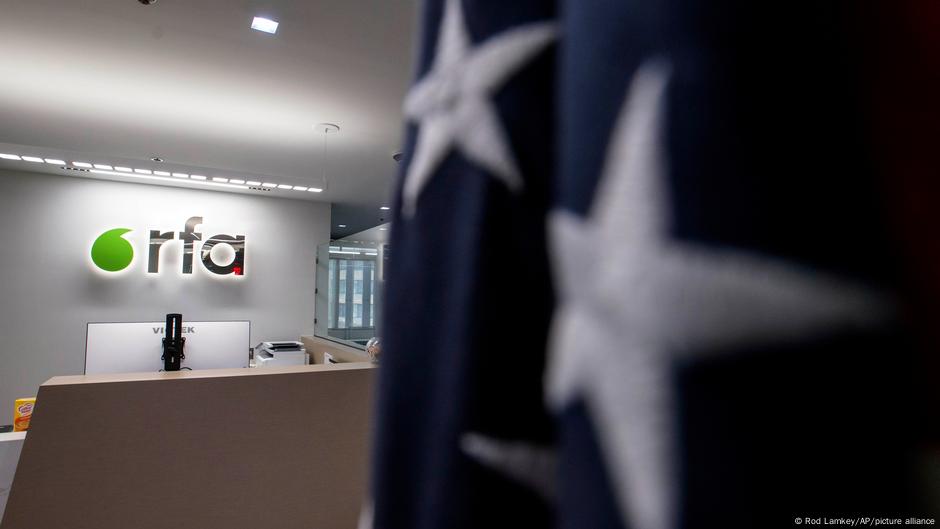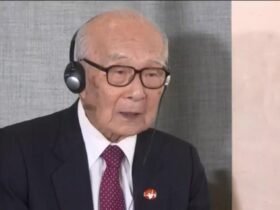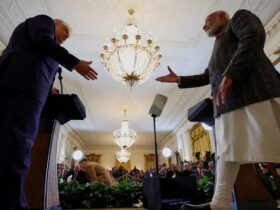US broadcaster Radio Free Asia (RFA) said on Wednesday it will cease all its news operations from Friday, October 31.
It would be the first time that the international broadcaster has shut down completely since it was established nearly 30 years ago.
RFA is one of the few reliable sources of news in areas of Asia where authoritarian governments limit people’s access to information.
The suspension of news comes after deep cuts
RFA significantly reduced its news programming at the beginning of the year.
It laid off about 90% of its US-based workforce after President Donald Trump cut most funding to federally funded media in March and shut down programming in Tibetan, Burmese, Uyghur and English in May.
RFA President Bei Fang said on Wednesday that Radio Free Asia is now unable to continue its editorial operations due to “funding uncertainty” due to the ongoing federal government shutdown.
Fang said the broadcaster would close overseas bureaus, formally fire furloughed staff and pay salaries to those staff members.
Important source of independent news
RFA, which produces news in several Asian languages, was founded in 1996 to report on China and other Asian countries with limited press freedom, including North Korea, Vietnam, Cambodia, and Myanmar.
It provided one of the world’s only independent news services in the Uyghur language, reporting on China’s systematic persecution of the Uyghur Muslim minority in Xinjiang province.
In 2017, it was the first to report on the arbitrary detention of more than 1 million Uyghurs in internment camps.
“Without a powerful and effective accountability investigation, China’s propaganda will become harsher,” RFA executive editor Rosa Huang wrote in an editorial published Wednesday.
Harvard Kennedy School professor Nicholas Burns, the former US ambassador to China under Joe Biden, said closing the RFA was a “big mistake”.
“This will prevent us from telling the truth to the Chinese people and countering Beijing’s propaganda,” he wrote on Twitter.
Can Radio Free Asia be saved?
Prominent human rights activist Yaqi Wang, currently a senior China researcher at Human Rights Watch, called for alternative funding for the RFA.
“People who care about independent journalism , Who care about telling stories of human rights abuses and the struggle for freedom and dignity , He must come forward and support this important cause,” she wrote on X.
The EU gave an emergency injection of €5.5 million ($6.39 million) in May to Radio Free Europe/Radio Liberty, whose public funding was also cut by Trump in March.
The news of RFA’s closure comes at a time when Trump is scheduled to meet Chinese President Xi Jinping on the sidelines of the APEC summit in South Korea on Thursday.
Radio Free Asia has long angered China, which accuses it of “false news.”
Edited by: Dmytro Lyubenko






Leave a Reply